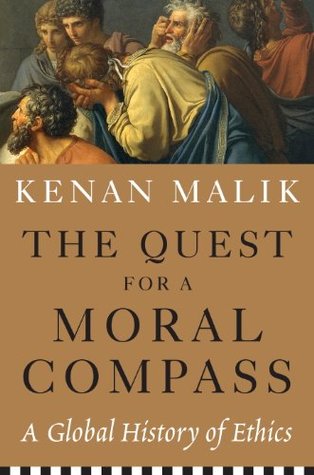All moral codes possess two elements: a set of values to pursue and a reason for pursuing those values; or, to put it another way, they both elucidate the means of being good and demonstrate the end to which the means take us. In ancient Greece, the virtuous life was the means. The end – the reason for submitting to such a life – changed over time. For Homer the prize was honour, for Plato justice, for Aristotle happiness. These shifts, as we have seen, reflected social changes. But however the end was conceived, what made the moral rules acceptable was that most people perceived a
...more
Welcome back. Just a moment while we sign you in to your Goodreads account.


